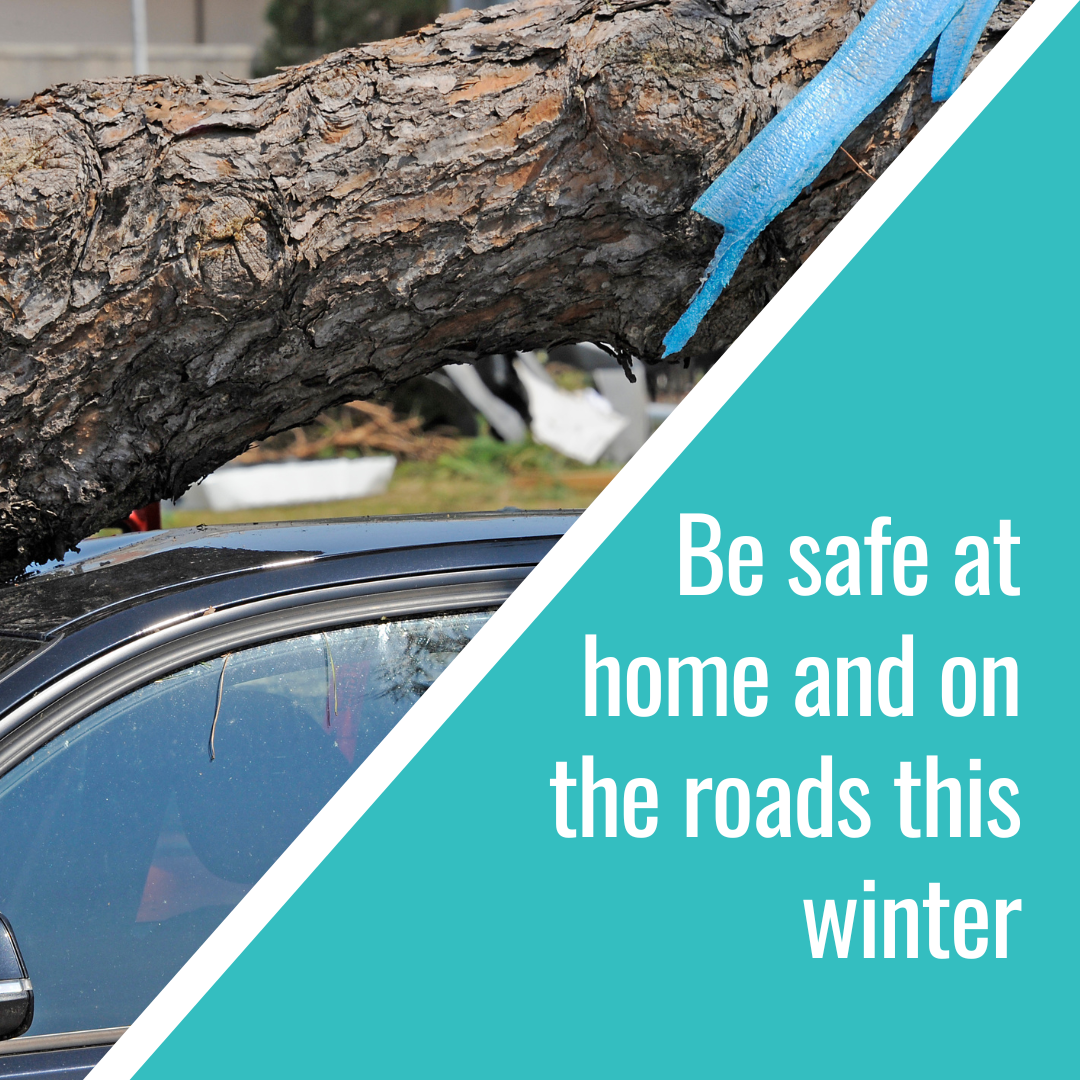Prepare your home, office and surrounds RACV General Manager Home Portfolio, Darren Turner, said being prepared for severe weather events at home can save owners time, money and prevent the risk of serious injury. However, it’s often the simple things that make the biggest difference when it comes to avoiding severe damage to your home and your possessions in a severe weather event. “It’s important to tend to any maintenance required around the home – particularly cleaning out gutters – and check that loose items such as outdoor settings, umbrellas and trampolines are secured under cover and away from trees,” Mr Turner said. “Don’t take any risks – stay indoors and away from windows during a storm and continue to monitor weather warnings and forecasts by the Bureau of Meteorology website.” “Stay away from fallen powerlines – you should always assume that a powerline is live, with the potential to cause very serious harm.” Sufficient Insurance coverage One of the most crucial aspects of preparing for severe weather is ensuring you have sufficient insurance cover – urging people to check that their policy is up to date and covers extreme events, such as floods. The RACV website features a helpful tool to assist homeowners in calculating the rebuild cost of their home.
For Check your heaters “Running a heater that isn’t working efficiently can impact the health, safety and finances of your household,” Mr Turner said. “A regular heater service by a qualified professional before winter can help improve air quality, reduce running costs, maximise the life span of your heater and greatly reduce the risk of an electrical fault and fire.” Safety on our Winter roads RACV Policy Lead - Safety, Elvira Lazar, said there were several things people could do to prepare for extreme weather on the road. “Whether it’s a severe storm, powerful winds or just light rain, a change in conditions on the road and home can have a significant impact,” Ms Lazar said. “Weather conditions can change very quickly, so it’s important to plan ahead wherever possible and have safety at the forefront of your mind.” RACV's Tips for heavy rain and flash flooding If driving conditions are dangerous, increase the gap between you and the car in front to give you more time to react and, if necessary, safely pull over. If a road is flooded, find an alternative route. Flood waters can be deeper than you think and sometimes powerful enough to wash a car right off the road – it’s simply not worth the risk. Click here to read more articles like this in the May/June 2022 edition of Drive Now
0 Comments
Leave a Reply. |
NewsDRIVE NOW reports on various topics regarding the Archives
December 2022
Categories
All
|
DRIVE NOW Magazine is published by Trade Promotions Pty Ltd, Ashwood VIC Australia. © 2022 DRIVE NOW |




 RSS Feed
RSS Feed